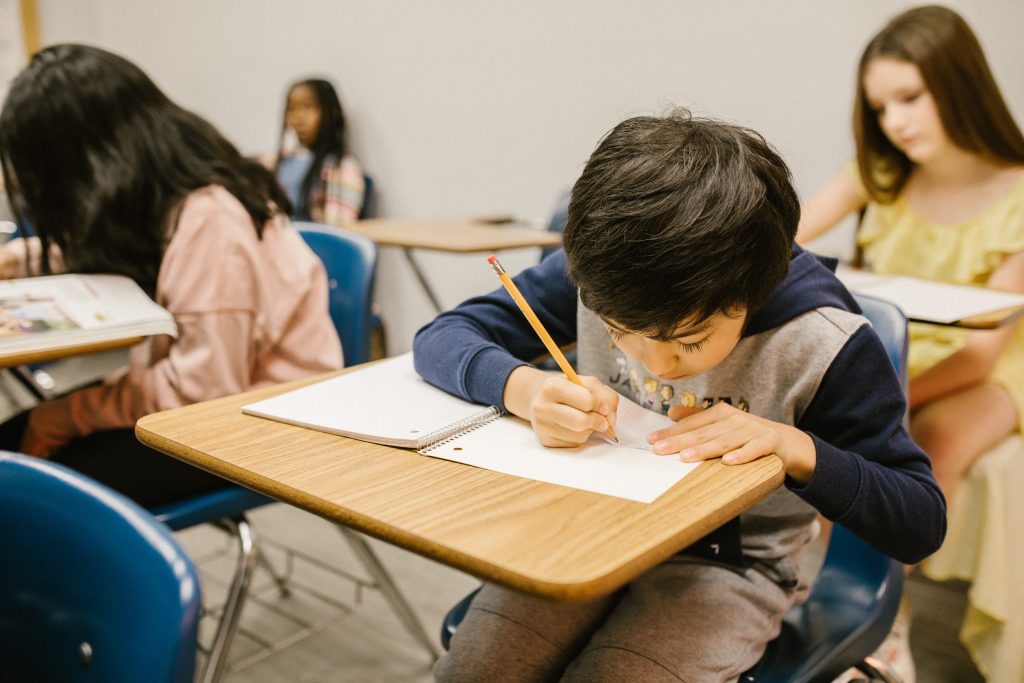by Dr. Robbie Lloyd
Every election year, former Australian of the Year Professor Pat McGorry releases more evidence of Australia’s ongoing failure to deliver across the board mental health reform. This year and this election it’s all been further exacerbated by COVID, especially for young people (16-24 years), as pointed out in this article about a survey Prof McGorry’s Orygen Youth MH Centre at Melbourne University commissioned, reported by the Sydney Morning Herald and The Age on 21 March 2022:
In summary: 4 out 5 young people experienced mental health challenges in the past two years during COVID; Anxiety & Depression were predominant; but 25% of youth thought about Suicide and 15% actually attempted Self-harm.
Need I say more? Well yes, because PM Scott Morrison announced $500 million plus funding for Prof McGorry’s brainchild, the youth mental health service headspace, in the 2019 election campaign, and nothing seems to have made any difference. And Health Minister Greg Hunt keeps reinforcing that headspace is the answer. That is just not true.
The problem will not be solved by any more “experts.” It has to be solved in the community, by creating places where young people can find respect, love & support, and be able to develop a sense of belonging & purpose. The expansion of clinical services like headspace sounds fine, but many of the most damaged young people will not go anywhere near this white middle class clinical model (as I found when I ran the headspace clinic in Alice Springs in 2009).
Meanwhile the crazy marks-obsessed high school system keeps driving kids nuts, by its solo insistence on worshipping exam scores to get into university places. Only Special Assistance High Schools are holding up a banner of hope. They were established over the past decade or more to support those kids thrown out of mainstream schools, because they are traumatised and hence act out when pressured to perform academically.
These kids, plus many slightly older “young adults” (between 18-35years) usually live on the Aspergers Spectrum, have experienced family crises, or just “don’t fit” into the mainstream world. So they hide in their rooms and play computer games throughout the day and night, or go out and get into trouble with “the justice system,” which is a super charged process for criminalization with virtually no rehabilitation focus when someone makes a mistake.
We keep the cycle going and watch the numbers rise. Until someone starts investing in community-based health and wellbeing programs, run at the local level by local people.

